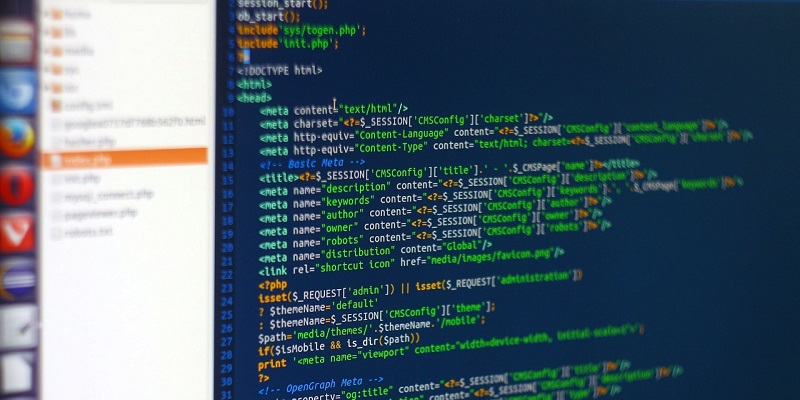Nethopper, a leading technology company, has recently unveiled their latest addition of GPT-based AIOps capabilities to their KAOPS platform. This new feature aims to revolutionize the way Kubernetes clusters are diagnosed and triaged, utilizing plain language for faster issue resolution. With KAOPS’ AIOps, Nethopper is set to simplify and enhance the operations of Kubernetes and software containers, catering to the growing demands of the IT Operations and DevOps community.
Simplifying Kubernetes and Software Container Operations
In an increasingly complex and fast-paced technological landscape, managing Kubernetes clusters and software containers can be a daunting task. Recognizing this challenge, Nethopper has developed KAOPS’ AIOps functionality to streamline operations and mitigate potential issues. By harnessing the power of big data and machine learning, AIOps automates various IT operations processes, making Kubernetes management more efficient and effective.
Addressing the Growing Interest in AIOps
The IT Operations and DevOps community has shown significant interest in AIOps due to its potential to revolutionize how organizations manage and troubleshoot their Kubernetes clusters. Nethopper is proactively responding to this rising interest by incorporating GPT-based AIOps into the KAOPS platform, empowering businesses with innovative tools and technologies to address operational challenges more effectively.
Benefits for KAOPS Users
With the integration of GPT-based AIOps, KAOPS users can enjoy a range of compelling benefits. Workload health analysis offers deep insights into the performance and stability of Kubernetes clusters, enabling operators to proactively address potential issues. Fast triage expedites the resolution of problems, reducing downtime and ensuring seamless operations. Additionally, AI analysis provides valuable data-driven recommendations for optimizing resource allocation and workload distribution.
Continuous Background Monitoring and Problem Explanation
The beauty of KAOPS’ AIOps feature lies in its seamless integration and continuous background monitoring. By running continuously in the background, this functionality detects any anomalies or issues within Kubernetes clusters in real time. Furthermore, it goes a step further by explaining each problem in plain English, eliminating the need for complex technical jargon and making it easier for operators to understand and respond accordingly.
Centralization of Hybrid and Multi-Cluster Kubernetes
With the immediate availability of GPT-based AIOps, Nethopper enables KAOPS users to centralize hybrid and multi-cluster Kubernetes into a single pane of glass. This centralized view simplifies operations management, providing operators with a comprehensive and holistic perspective of their entire Kubernetes ecosystem. By reducing the complexities associated with managing multiple clusters, KAOPS empowers businesses to optimize their resources and enhance operational efficiency.
Time-to-Market and Complexity Reduction
One of the key advantages of incorporating KAOPS’ AIOps capabilities is the significant reduction in time-to-market for businesses. By automating various operational processes and simplifying troubleshooting, organizations can expedite the delivery of their products and services, gaining a competitive edge in the market. Furthermore, KAOPS minimizes cognitive load, toil, and complexity, allowing operators to focus on value-added tasks instead of being bogged down by repetitive and mundane operations.
Real-Time Monitoring and Troubleshooting
Leveraging the power of AI, KAOPS provides real-time monitoring, diagnostics, and troubleshooting for Kubernetes clusters. Operators can gain valuable insights into the performance and health of their clusters, detecting and resolving issues promptly. With the ability to proactively address potential problems, operators can ensure the stability and reliability of their Kubernetes environment, thereby enhancing the overall user experience.
In conclusion, the introduction of Nethopper’s GPT-based AIOps to the KAOPS platform represents a significant milestone in the field of Kubernetes operations. Through the utilization of cutting-edge technologies such as big data and machine learning, KAOPS streamlines cluster management, reduces complexity, and improves operational efficiency. With its real-time monitoring, diagnostics, and troubleshooting capabilities, operators can ensure the seamless and uninterrupted operation of their Kubernetes clusters. As the demand for Kubernetes continues to rise, tools like KAOPS’ AIOps empower businesses to stay ahead of the curve, maximizing their efficiency and productivity in the dynamic digital landscape.

